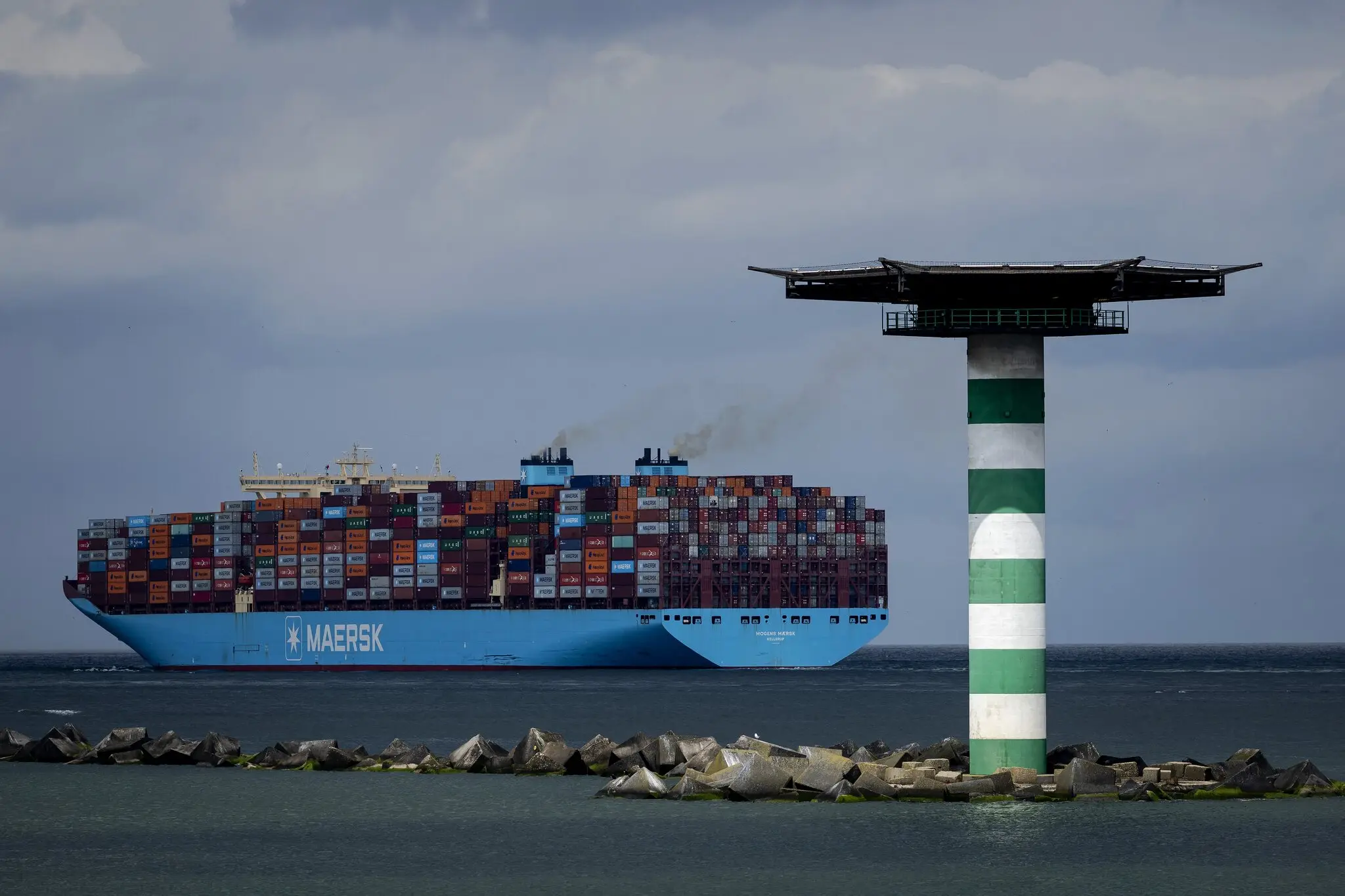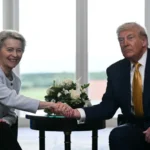That phrase, favored by sports teams in big tournaments, sums up Europe’s approach to the trade negotiations it just wrapped with the Trump administration.
For Europe, surviving in the first year of President Trump’s second term means reaching an agreement on a trade deal that almost certainly won’t help the continental economy — but isn’t as bad as it could have been.
Advancing means keeping Mr. Trump engaged in the foreign policy issues that have preoccupied many European leaders more this summer than their own domestic economic struggles. Those issues include the fate of the Iranian nuclear program, the conflict and humanitarian crisis in Gaza and, most important, Ukraine’s ongoing war against Russia’s invasion.
“It’s not only about the trade: It’s about security, it’s about Ukraine, it’s about current geopolitical volatility,” Maros Sefcovic, the European Union trade commissioner, said at a briefing in Brussels on Monday. He said that he could not go into the details of everything that was discussed in the room with Mr. Trump on Sunday, “but I can assure it was not just about the trade.”
The trade deal is centered on a tariff of 15 percent on most goods imposed by the United States on imports from the European Union. It reflects a sort of risk aversion from leaders like Ursula von der Leyen, the president of the European Commission; Friedrich Merz, the chancellor of Germany; and Emmanuel Macron, the president of France.
Those leaders were not willing to risk escalating a trade war that could have hurt European companies more than Mr. Trump’s tariffs already have. And they were not willing to risk deepening a diplomatic rift with the United States, the country Europeans have repeatedly cast as a crucial peace broker.
“It will bring stability,” Ms. von der Leyen said at a news conference with Mr. Trump in Scotland on Sunday. “It will bring predictability. That’s very important for our businesses on both sides of the Atlantic.”
Europe could have fought Mr. Trump longer, hoping for better terms. E.U. members had already agreed to a set of retaliatory tariffs on about $100 billion in American exports to Europe, which they could have decided to trigger if Mr. Trump had followed through on his threat to tax European exports at 30 percent starting on Aug. 1. Mr. Trump had pushed similar deadlines back before.
In recent days, statements from German, French and other officials suggested members of the bloc were moving closer together on the questions of whether to actually retaliate, and when.
They had reasons to do that. The European Union could use more economic growth. Economists outside the Trump administration have generally warned that tariffs hurt growth instead of boosting it. (In their models, tariffs on imports hurt American growth, too.) Europe’s leaders generally agree with those economists.
“These tariffs, regardless of their long-term level, harm us all,” Mr. Merz told reporters this month, before the deal was struck. “Not just us Europeans, but, in my firm conviction, also harm the American economy in the longer term.”
But a moment later, Mr. Merz sounded resigned to a big tariff increase no matter what deal was struck.
“President Trump repeatedly emphasizes that he loves tariffs,” he said. “This means we will have to accept that the American



